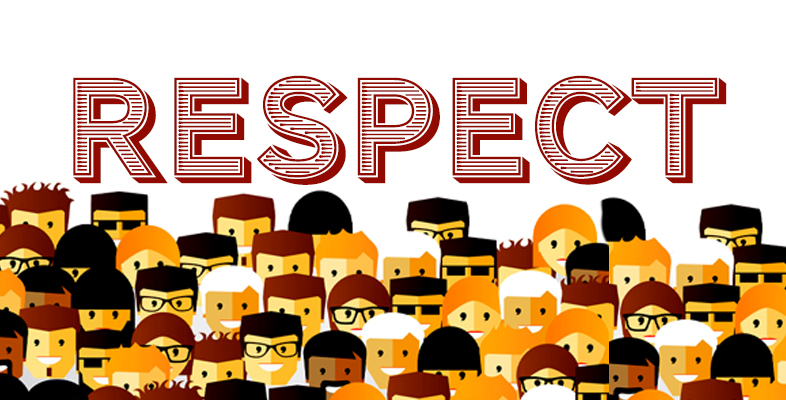Session 1: Why study this course?
Introduction and aims
Social scientists and scientists can cast light on many aspects of human behaviour, to look again at the ordinary and the extraordinary. You may be about to become such a researcher, have had some experience already or be interested in evaluating such research as a reader.
Carrying out research with people, whatever their age or position and wherever you are in the world, means you have a duty to act responsibly and ethically. You have obligations to the people you will be observing, interviewing, collecting data from or reporting on, just as the researchers whose work you read do.
By acting ethically, researchers are treating people with respect and care.
By acting ethically, researchers make well-reasoned decisions about their study’s design and data, weighing up risks and benefits.
You may be interested in this course because you are thinking of designing a research project relevant to your work or voluntary work setting, or you may want to follow up an issue that is important to you and your values. Perhaps you are curious about a news item or some research you came across from your previous studies?
Understanding ethical decision-making as an essential part of research will help you develop important critical thinking skills.
This is not a course about the theory of ethics or moral philosophy, although Aristotle will feature later! The specific focus is developing ethical reasoning, which leads to ethics in action.
Welcome to Session 1 of Becoming an ethical researcher. You will start by considering the questions:
- what is ethical research?
- why does context matter?
- what is research for?
- what is data?
The examples you will explore all relate to key ethical issues within social science (or related) research. While the examples included are biased towards childhood and youth and educational settings, the issues raised are much more widely applicable to any research involving humans.
By the end of this session, you will be able to:
- explain why ethics is important in social science research
- recognise some ethical complexities in deciding whether and how research should be conducted
- appreciate the ethical impact of a researcher’s position in the research
- compare the ethical issues surrounding collecting different types of data.
The Open University would really appreciate a few minutes of your time to tell us about yourself and your expectations for the course before you begin, in our optional start-of-course survey [Tip: hold Ctrl and click a link to open it in a new tab. (Hide tip)] . Participation will be completely confidential and we will not pass on your details to others.

